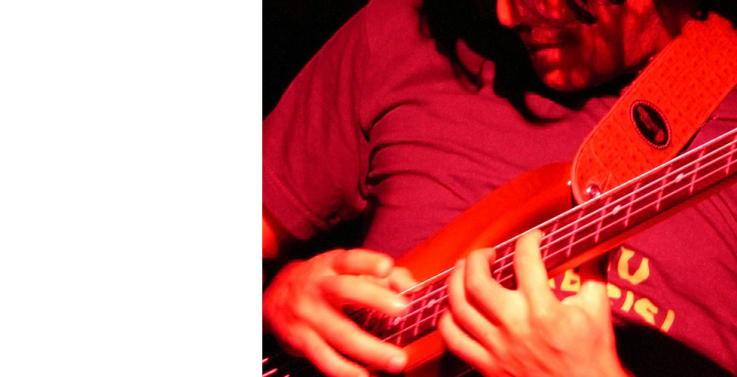
Victoria University researchers are exploring the experiences of entertainment industry workers.
The pilot study funded by the Pratt Foundation through Entertainment Assist surveyed performing artists and composers; performing arts support workers, and equipment operators including camera audio and lighting technicians, and roadies.
Lead researcher Dr Julie van den Eynde said results indicated a disproportionate rate of mental health issues including anxiety, depression and bi-polar disorder.
"Often, coping techniques are then employed, which could include drug and alcohol over use," she said. "Suicide, attempted suicide and suicide ideation were reported at very high levels for equipment operators and roadies."
While these mental health issues are apparent, these creative people are immersed in an unhealthy work environment, often divisive, competitive, and lacking social support.
The performers detailed a harsh and competitive environment, where there was a culture of criticism from both external critics and fellow artists who were described as critical and cruel. Most pointed to an extremely competitive culture, where everyone was competing for work where there was not much work available.
"As an end result of this intense competition, the participants said they do not support each other anymore," she said. "Further, they have to hide their ‘weaknesses’ – their injuries, health issues and mental health issues – because to disclose these would mean they would not gain work."
Equipment operators and roadies reported on an unhealthy lifestyle where they did not eat properly, drank too much alcohol and used too many illicit drugs. Their work conditions include long and irregular hours, sleep deprivation, work irregularity, insecure job, no health insurance or long service leave, no sick leave nor superannuation.
"Despite the challenges of the risk of mental health problems, and regardless of the unhealthy work environment, these creative workers in the entertainment industry share a deep passion and commitment for their work," she said. "An actor felt their work was a ‘privilege’, another said the interaction with the audience was almost a spiritual experience.
Similarly, performing artists support workers talked about the satisfaction of producing a show and when the show is finished for the night “it’s like taking out the drip”."
Equipment operators and roadies described the thrill of their television work. A lighting technician discussed the creativity of “painting with lights”, the pride in building the stages and a roadie described the thrill he felt when he heard the applause and cheers from the crowd - he said some of the applause was for him.
Nationwide online survey
Phase 2 of this research is currently been conducted with a nationwide online survey of these workers in the entertainment industry. The results from the survey will provide data on how best to support the creative workers, to improve the unhealthy work environment, and ways to support workers mental health.
Victoria University researchers in this project are Dr Julie van den Eynde, Professor Adrian Fisher, Associate Professor Christopher Sonn.
Take the survey to participate in this important research.
